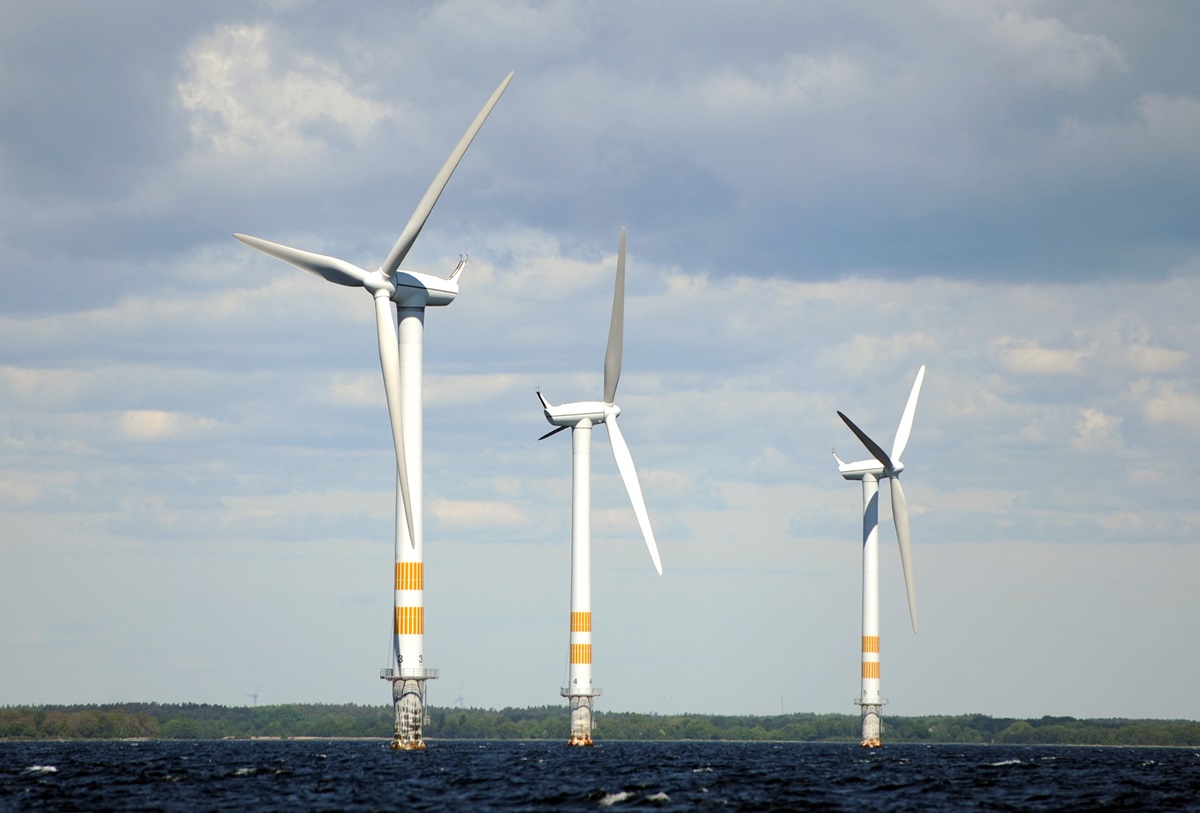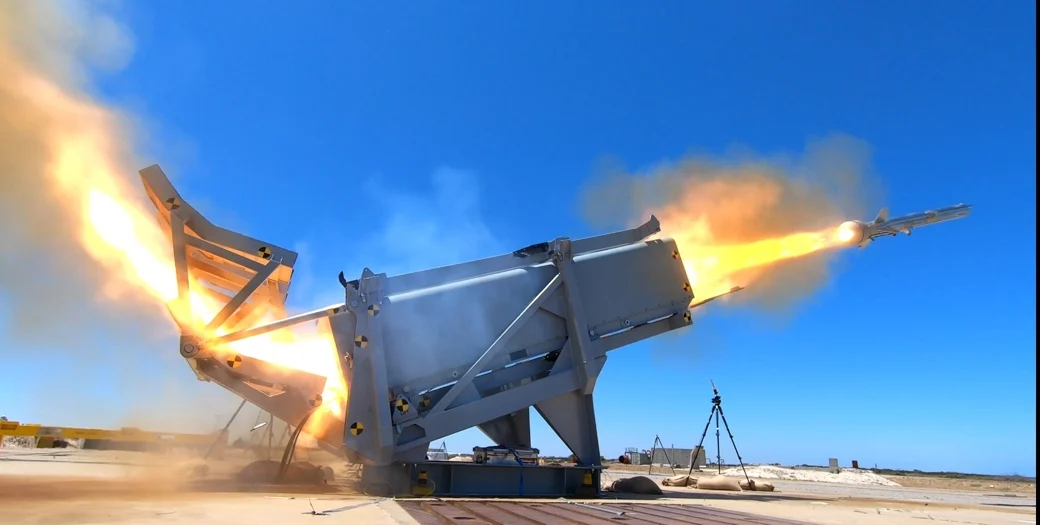The Swedish government has raised significant concerns regarding the impact of offshore wind farms in the Baltic Sea on national and regional defense capabilities, asserting that these renewable energy projects could hinder the military’s ability to identify and respond to threats. This statement follows the government’s recent decisions to block the construction of 13 offshore wind farms in the Baltic on November 4 and another project off the island of Gotland on November 21, citing the military’s recommendations.
In a recent communication, the Swedish Armed Forces emphasized the unacceptable risks offshore wind energy poses to Sweden’s defense, stating, “It would pose unacceptable risks for the defense of our country and our allies.” The military explained that the physical structures of the wind turbines, including their towers and rotating blades, interfere with radar systems and generate radar echoes, complicating threat detection.
A critical factor in the government’s decision-making process was the proximity of the blocked wind farm projects to the Russian exclave of Kaliningrad, a heavily militarized area situated between Poland and Lithuania. Defence Minister Pal Jonson highlighted that the presence of wind farms in this region could severely impede Sweden’s response capabilities, potentially reducing the lead time for detecting incoming cruise missiles from 120 seconds to just 60 seconds.
The Swedish Armed Forces further articulated their position, stating, “We currently see no technical solutions or legal prerequisites for a coexistence of our defense interests and wind power in the Baltic Sea.” The military’s stance is become increasingly urgent in light of the significantly changed security environment following Russia’s full-scale invasion of Ukraine, prompting a reassessment of national defense strategies.
The Armed Forces underscored the importance of maintaining a robust sensor chain, which is crucial for detecting incoming threats against Sweden and its allies. The military’s evaluation reflects broader concerns over regional security, particularly in the Baltic Sea, where tensions have escalated since the onset of the conflict in Ukraine.
Despite these defense concerns, the Swedish government has reiterated its commitment to expanding wind power, emphasizing that electricity consumption in Sweden is projected to double by 2045. Officials have indicated that alternative sites along Sweden’s southwestern and northeastern coasts may be more suitable for offshore wind projects that would not compromise defense capabilities.
With Sweden and Finland now part of NATO, all Baltic states except Russia are members of the alliance, further complicating the security dynamics in the region. As the geopolitical landscape continues to evolve, Sweden faces the challenge of balancing its energy ambitions with the imperative of safeguarding its national security interests.


















